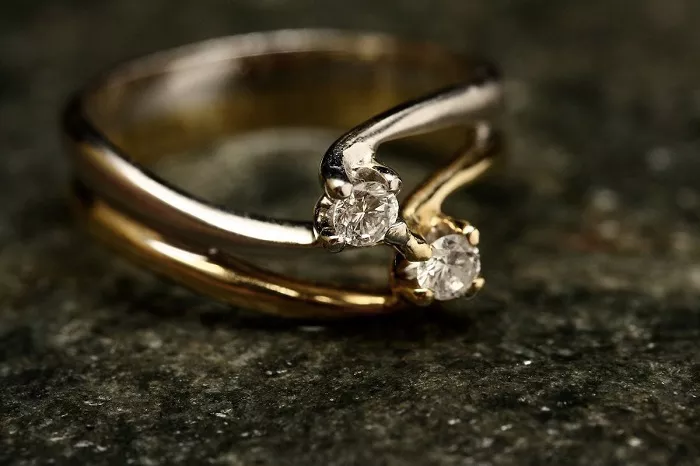Domestic customers of Titan Company show less interest in purchasing synthetic diamonds compared to their counterparts in the US and other overseas markets. Titan’s managing director, C.K. Venkataraman, revealed during an analyst call that inquiries for lab-grown diamonds at their stores including Tanishq, CaratLane, Mia, and Zoya have been minimal. Instead, Indian customers are more concerned about ensuring the diamonds they buy are natural, without any synthetic components.
Venkataraman mentioned a growing trend where customers are demanding proof of the natural origin of diamonds sold by Titan. The company, which primarily sources diamonds through De Beers sightholders, conducts rigorous tests on all incoming stones. They have heavily invested in lab equipment across their facilities and partners to maintain the authenticity of their supply. Each diamond undergoes three to four tests before being approved for sale.
The disparity in consumer demand between India and the US is attributed by Venkataraman to cultural influences, particularly from Hollywood. American media often portrays diamonds as symbols of love and luxury, influencing consumers to seek larger stones, commonly referred to as solitaires, for engagements and other milestones. This cultural narrative, coupled with significant promotion by American jewelers of synthetic diamonds, has led to their higher market penetration in the US.
However, in India, such cultural motifs are less prevalent. Venkataraman noted that Indian women are generally not as focused on the size or grandeur of diamonds when it comes to relationships or proposals. This cultural distinction shapes consumer preferences distinctly in the Indian market compared to Western markets.
Separately, De Beers recently met with the Gem and Jewellery Export Promotion Council (GJEPC) in Mumbai to discuss strategies aimed at bolstering the natural diamond market in India. The GJEPC highlighted India’s growing importance in the global diamond industry during these discussions.


